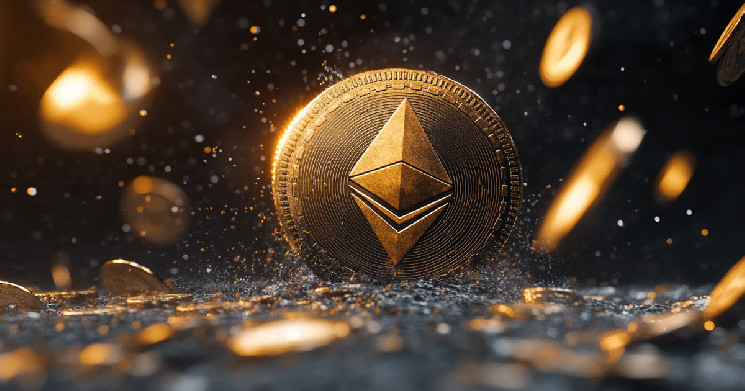Vitalik Buterin stated that the collection of crucial developments in Ethereum’s (ETH) ecosystem in current months have made the community’s fundamentals “loopy sturdy.”
Buterin made the assertion in response to claims that Ethereum has “weakened loads” throughout this market cycle, countering the narrative by citing a collection of current developments and achievements throughout the ecosystem.
Robust fundamentals
Buterin began by highlighting the numerous discount in transaction charges on Layer 2 (L2) options, now averaging under $0.01. He argued that this has made Ethereum extra accessible and cost-effective for customers, a crucial consider sustaining the community’s competitiveness.
Onchaininformation reveals that Ethereum L2 Arbitrum noticed its charges fall from over $0.50 in March to a variety between $0.01 and $0.004 since mid-April.
On the similar time, the every day transaction depend has persistently surpassed 1 million, which excludes the opportunity of charge discount as a result of lack of exercise. Related actions may be witnessed whereas analyzing different Ethereum L2s, similar to Linea, Starknet, and zkSync Period.
Buterin attributed this shift in charge costs to the implementation of EIP-4844 and the introduction of devoted block areas — referred to as “blobs” — for information despatched from L2 blockchains on Mar. 13.
He additionally emphasised the progress made by Optimism and Arbitrum, each of which have reached vital milestones of their growth, which he labeled “Stage 1.” Buterin stated these platforms are important to Ethereum’s scalability technique, providing sooner and cheaper transactions whereas sustaining the safety and decentralization of the principle Ethereum community.
Enhancing know-how
Along with these technological developments, Buterin pointed to enhancements within the consumer expertise for cross-L2 wallets, which now require much less handbook intervention when switching networks. This enhancement simplifies interactions throughout the Ethereum ecosystem, making it extra user-friendly.
Buterin additional emphasised the rising maturity of Zero-Data (ZK) know-how, which has change into extra highly effective and accessible for decentralized utility (dApp) builders.
He added that the evolution of ZK tooling, together with the emergence of second-generation privateness options like 0xbow.io, reveal Ethereum’s continued innovation in privateness and safety.
Buterin stated that the increasing ecosystem for id, status, and credentials inside Ethereum, which is seeing elevated adoption and sensible use, will probably be one other key driver of adoption. He additionally pointed to vital progress within the growth of STARKs (Scalable Clear Argument of Data), that are very important to Ethereum’s long-term safety and decentralization objectives.



